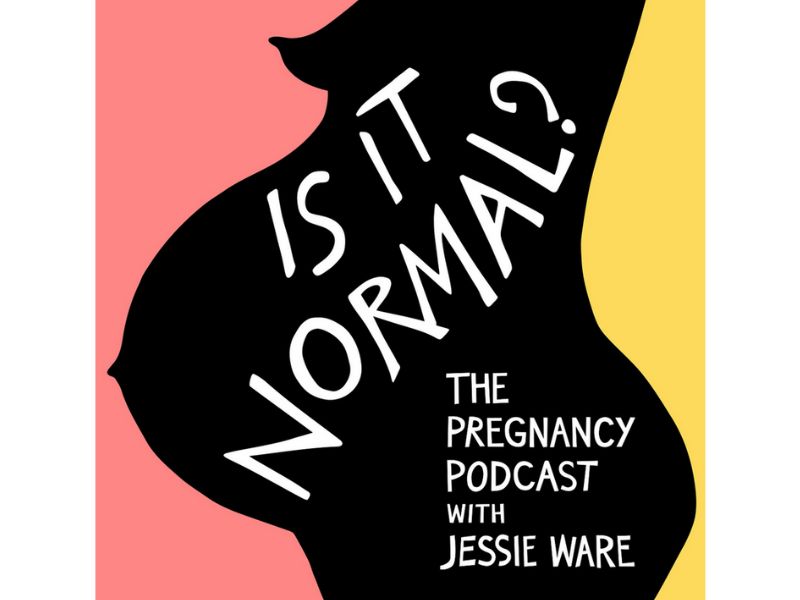In the quest for cognitive enhancement and maintaining a sharp mind, recent research points to a multi-faceted approach that includes physical exercise, mental challenges and a balanced lifestyle.
This strategy not only aims to boost immediate brain function but also to protect against cognitive decline in the future.
Let’s delve into the components of this approach and explore how you can implement them into your daily life to enhance your cognitive capabilities.
The power of physical exercise
Physical activity is a cornerstone of brain health. Aerobic exercises, such as jogging, swimming, or cycling, have been shown to increase the volume of brain regions involved in memory and learning, notably the hippocampus. Strength training, too, contributes to improving executive function, attention and the ability to switch between tasks.
Engaging in regular physical activity boosts blood flow to the brain, delivering the oxygen and nutrients it needs while removing toxins. Exercise stimulates the production of growth factors, chemicals in the brain that affect the health of brain cells, the growth of new blood vessels in the brain and even the abundance and survival of new brain cells.
Mental stimulation and learning
Challenging your brain with new learning experiences is equally vital. Activities that require mental effort and creativity, such as playing a musical instrument, learning a new language or engaging in hobbies like puzzles or chess, stimulate the formation of new neural connections and can improve brain function in areas such as problem-solving and memory. The key is to engage in tasks that are both novel and challenging to you, pushing you out of your comfort zone and requiring you to think in new ways.
Nutritional support for cognitive health
Diet plays a crucial role in brain health. Foods rich in antioxidants, omega-3 fatty acids, vitamins and minerals provide the brain with the nutrients it needs to function optimally. The Mediterranean diet, in particular, has been associated with lower risks of cognitive decline. Incorporating a variety of fruits, vegetables, whole grains, fish and healthy fats into your diet can support brain health and protect against oxidative stress and inflammation, which can contribute to cognitive decline.
The importance of sleep and stress management
Quality sleep and stress management are also critical for cognitive function. Sleep serves as a time for the brain to consolidate memories, process information, and repair itself. Chronic stress, on the other hand, can damage brain cells and affect memory formation and recall. Techniques such as mindfulness meditation, deep breathing exercises, and regular physical activity can help manage stress and support overall brain health.
Social connections and brain health
Maintaining strong social ties and engaging in social activities can also benefit cognitive health. Social interaction stimulates brain regions involved in emotional regulation and cognitive processing and can help ward off depression and stress, both of which can affect brain function.
Implementation in daily life
To incorporate these strategies into your life, start with small, manageable changes. Aim for moderate aerobic exercise most days of the week, engage in activities that challenge your brain, prioritise sleep, manage stress and maintain a healthy diet. Even small steps can lead to significant improvements in brain health and cognitive function over time.
Boosting brain power involves a holistic approach that includes physical exercise, mental challenges, proper nutrition, quality sleep, stress management and social engagement.
By adopting a lifestyle that supports these elements, you can enhance your cognitive abilities, improve memory and protect your brain health well into the future.
For more detailed information and additional tips, you can visit the following articles:
Mind | Patient info | Age UK









